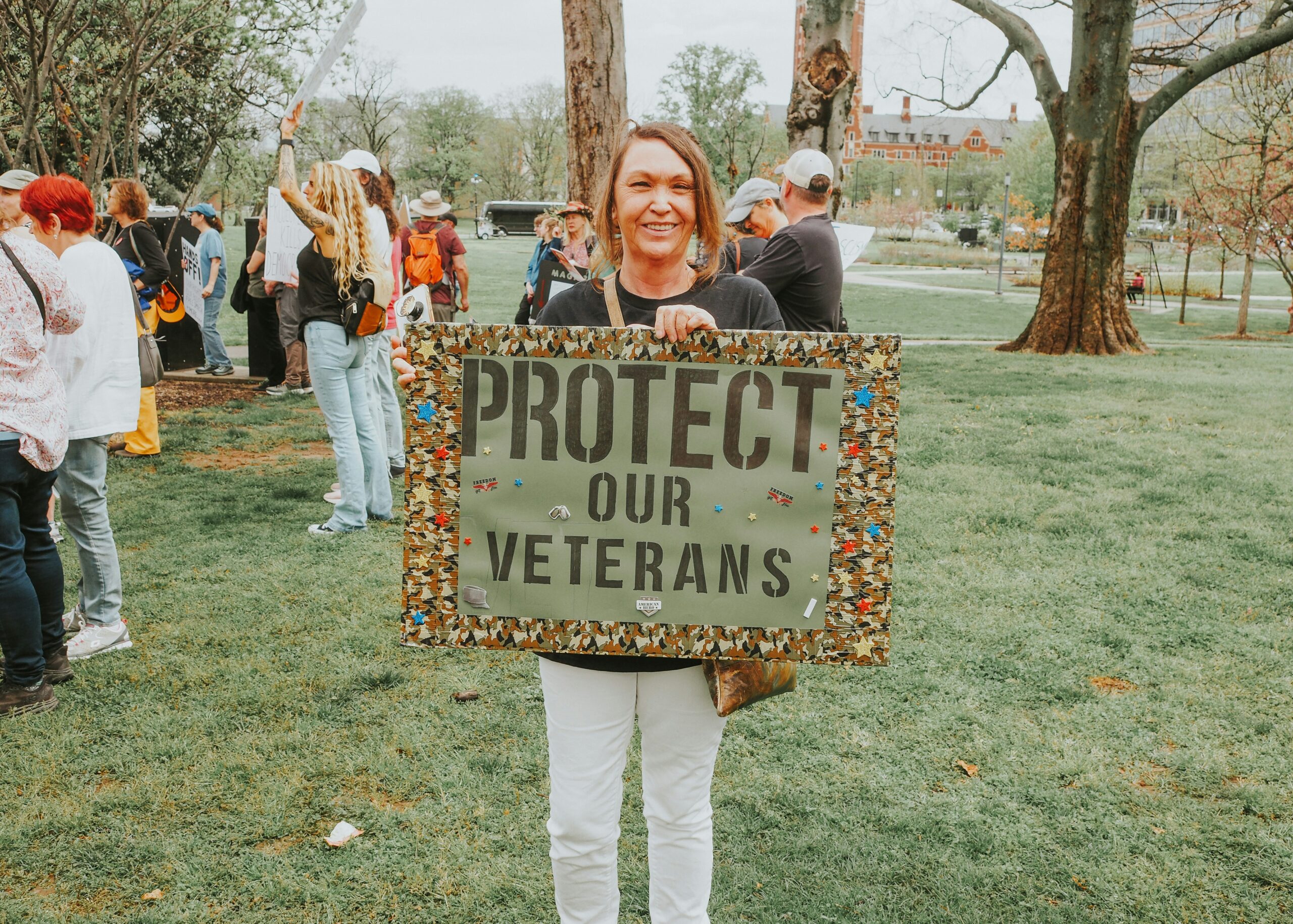
The sacrifices made by veterans often extend far beyond the battlefield. While physical wounds can be visible and treated with relative clarity, the mental and emotional struggles veterans face are frequently invisible, yet profoundly impactful. Prioritizing veterans’ mental health is not only a matter of gratitude but a critical necessity for ensuring their reintegration into civilian life and overall well-being. Mental health care for veterans must be approached with sensitivity, accessibility, and a long-term commitment that acknowledges the unique challenges they face.
Understanding the Mental Health Challenges Veterans Face
Military service exposes individuals to experiences that can lead to a range of mental health issues, including post-traumatic stress disorder (PTSD), depression, anxiety, and substance use disorders. Combat exposure, high-stress environments, and the necessity to make life-and-death decisions contribute to psychological strain that does not always subside after returning home. The transition from military to civilian life can also trigger feelings of isolation, identity loss, and difficulty adjusting to new social roles. For many veterans, these mental health challenges are compounded by societal misunderstandings or stigma surrounding mental illness, which may prevent them from seeking help.
The Importance of Early Intervention
Addressing mental health concerns as early as possible can make a significant difference in the long-term outcomes for veterans. Early intervention can help prevent the worsening of symptoms and reduce the risk of complications such as homelessness, substance abuse, or suicidal ideation. Routine mental health screenings during and after service are essential to identify at-risk individuals and provide timely care. Encouraging veterans to seek help without fear of judgment fosters a culture where mental well-being is regarded with the same importance as physical well-being.
Accessible and Specialized Care
Veterans require access to mental health care that is both comprehensive and tailored to their experiences. Standard therapy may not always address the specific challenges faced by military personnel. Specialized programs that understand the military culture, combat experiences, and the emotional aftermath of service can be more effective in providing meaningful support. Mental health professionals trained in veteran care can establish trust more readily and implement strategies that resonate with veterans, thereby enhancing their effectiveness. Expanding access to telehealth services, particularly for veterans living in rural areas, also ensures that more individuals can receive the care they need without geographic limitations.
The Role of Community and Family Support
Support networks play a crucial role in the mental well-being of veterans. Families, friends, and veteran communities can provide emotional support, stability, and a sense of belonging, which are vital components in recovery and adjustment. Encouraging open dialogue about mental health within these networks helps normalize the conversation and reduces stigma. Community programs, peer support groups, and veteran organizations offer safe spaces where individuals can share experiences and learn coping mechanisms from others who have faced similar challenges. These connections not only foster healing but also reinforce the idea that veterans are not alone in their struggles.
Reducing Stigma Around Mental Health
One of the most significant barriers to mental health care for veterans is stigma. Many service members grow accustomed to a culture that values strength, resilience, and self-reliance, which can make admitting to mental health struggles feel like a sign of weakness. Reducing this stigma requires cultural change both within the military and society at large. Public awareness campaigns, veteran-led advocacy, and education about mental health can help reshape perceptions and encourage individuals to seek care without fear of judgment. When veterans feel supported and understood, they are more likely to pursue treatment and engage in long-term healing.
Integrating Mental Health Into Holistic Veteran Care
Mental health should be an integral part of a holistic approach to veteran care. Physical health, employment assistance, housing stability, and social integration are all interconnected with psychological well-being. Comprehensive programs that address these interconnected needs are more effective in promoting overall recovery. Providing veterans with mental health care alongside career counseling, educational opportunities, and housing support creates an environment where they can thrive and successfully transition to civilian life. The recognition that mental health is a core component of overall wellness ensures that veterans receive the care they deserve.
A Call to Action
These individuals have dedicated themselves to serving their country, and in return, society must ensure their well-being is safeguarded. By improving access to specialized care, reducing stigma, and fostering supportive communities, we can help veterans navigate the mental health challenges that often accompany their service. It is essential to recognize that addressing mental health is not a one-time effort but a continuous commitment that evolves with the changing needs of veterans.
Veterans’ mental health is a reflection of the nation’s commitment to those who have served. Healing the invisible wounds of war requires empathy, understanding, and action. By prioritizing mental health, we honor their service and create pathways for veterans to live fulfilling, healthy lives beyond the battlefield. The dedication to supporting veterans should extend beyond gratitude into tangible, meaningful care that addresses both their visible and invisible struggles. Through awareness, advocacy, and consistent care, society can ensure that veterans receive the mental health support they so rightly deserve.